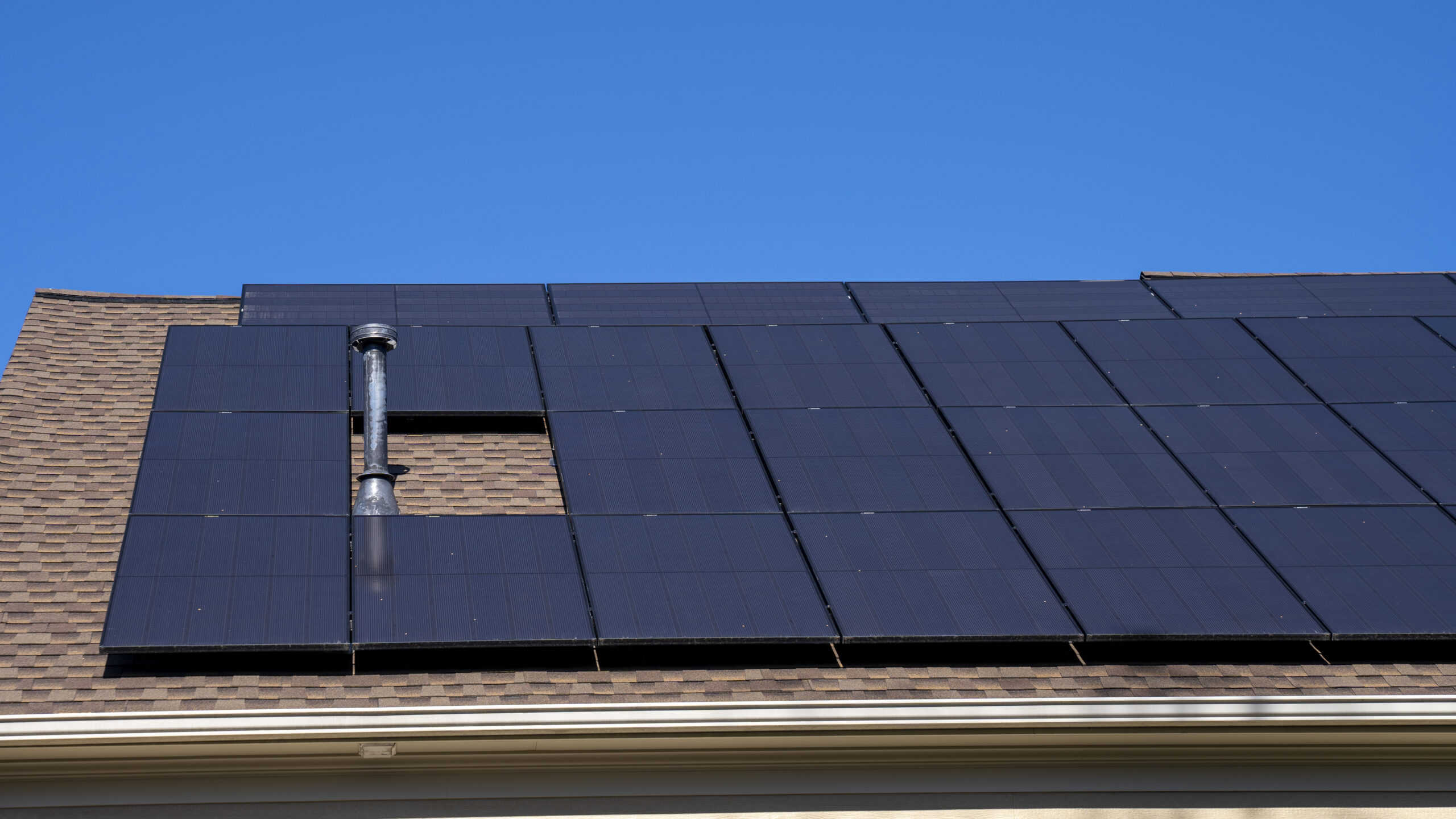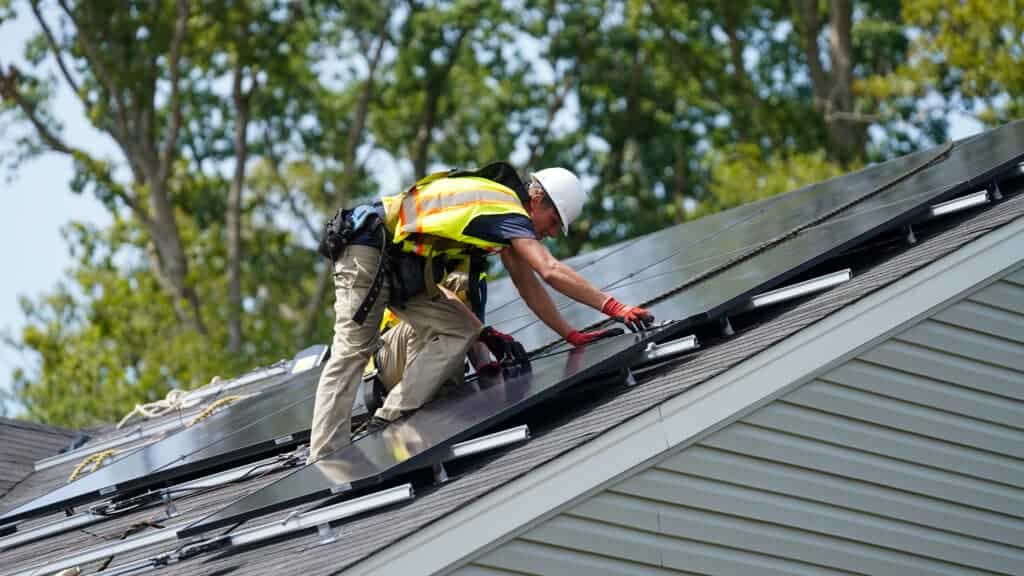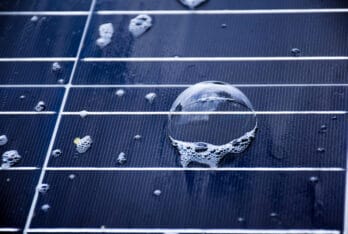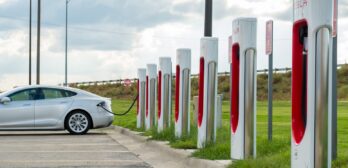We’re excited about the benefits of the Solar ITC for current solar customers and for those for whom solar may have previously been out of reach. One of the most impactful provisions is the 30% extension of the federal solar tax credit. Your system must be installed by December 31, 2025 in order to be eligible for the credit.
The Investment Reduction Act (IRA) bill, includes one of the most important arrangements, has already played a crucial part in the expansion of solar energy throughout the US.
This has been an incredible victory for the solar and renewable energy industries, and the federal government for passing the Inflation Reduction Act of 2022. The tax credit helps spur renewable adoption for residential and commercial solar. On top of the ITC extension, the bill also includes $370 billion that will be spent in renewable energy and climate issues.
Who is eligible for the 30% solar tax credit?
If you install solar on your home at any time through the end of 2025, you are entitled to the 30% tax credit. There’s no dollar limit on those expenses; you’re entitled to that 30 percent tax break whether you spend $20,000 or more than $100,000 on costs associated with a residential solar system.
ITC for Storage
This new bill includes a 30% storage tax credit, including a stand-alone storage credit. This means current solar owners would get a 30% tax credit on another solar system or to a new, standalone one.
Unfortunately, one action that was not included in the bill, but it was hoped for, is ‘refundability’. Technically it means that if your tax credit is worth more than the taxes owed for the year, you would receive a cash refund. Instead of a cash refund, this credit can be rolled over into the next year.
Solar Credit Highlights
According to the Department of Energy and the new law’s language, the same expenses covered under the old law are eligible for this new solar tax credit:
- Solar photovoltaic (PV) panels.
- PV cells used to power an attic fan (but not the fan itself).
- Contractor labor for onsite preparation, assembly, or original installation.
- Permitting fees, inspection costs, and developer fees.
- All equipment needed to get the solar system running, including wiring, inverters, and mounting equipment.
- Storage batteries. (You can claim the tax credit for these even if you buy and install them a year or more after you install the solar system.)
- Sales taxes on eligible expenses.
There is also a ‘direct pay’ provision, which means that a developer that has a very low or no tax liability could use the credit basically as a tax overpayment, that could be cashed as a payment refund.
According to Abigail Ross Hopper, president of the SEIA (Solar Energy Industries Association), “With long-term incentives for clean energy deployment and manufacturing, the solar and storage industry is ready to create hundreds of thousands of new jobs and get to work building out the next era of American energy leadership. This is a crucial window of opportunity that we cannot miss, and now Congress must seal the deal and pass this legislation”.
Any Questions?
Our solar experts are glad to walk you through any questions about your tax credit and how it affects your solar investment. Contact us today to learn how you can take advantage of Investment Tax Credit and save up to 30% on solar panels!
Check out more details about Virginia’s solar incentives today!





